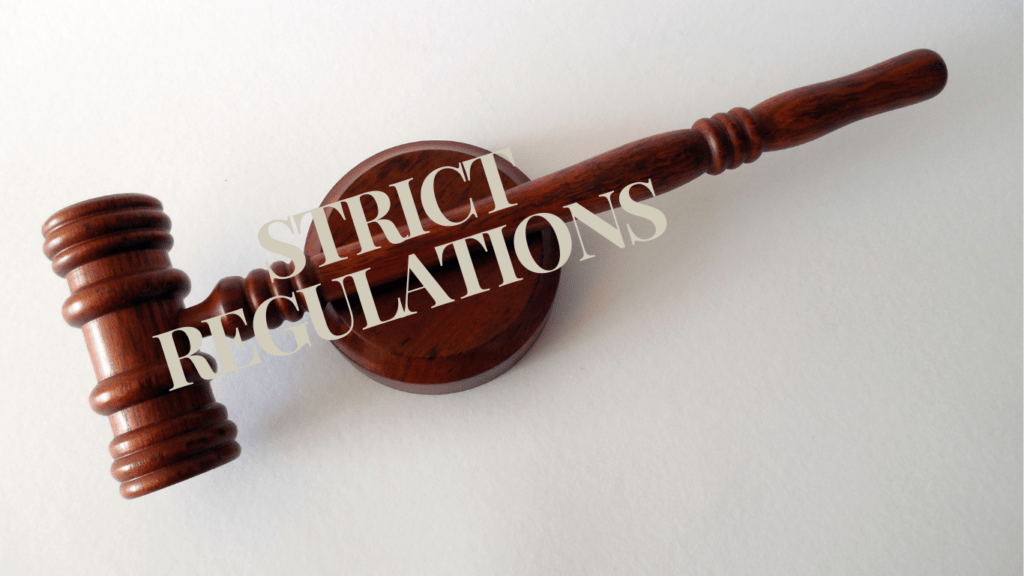Overview of the Federal Sports Betting Bill
The new federal sports betting bill seeks to address gambling-related harm through comprehensive regulations. This legislative effort emphasizes both protection and responsible betting practices.
Key Provisions of the Bill
The bill includes several critical provisions designed to mitigate gambling-related issues.
- Regulatory Standards: Sets uniform standards for all sports betting operators, ensuring consistency across the industry.
- Consumer Protections: Implements mandatory self-exclusion programs and earmarks funds for addiction treatment.
- Advertising Restrictions: Limits advertising to prevent targeting vulnerable populations like minors.
- Data Security Measures: Mandates robust data protection protocols to safeguard personal and financial information.
- Age Verification: Enforces stringent age verification processes to prevent underage betting.
Impact on Existing State Legislation
State laws on sports betting will need to adapt to align with the federal bill’s standards.
- Harmonization: States will need to update their regulations to comply with new federal guidelines, ensuring uniformity.
- Operational Changes: States may experience operational shifts as they implement stricter consumer protections and data security measures.
- Revenue Adjustments: Changes may affect state revenue streams, particularly from penalties and taxes associated with sports betting.
- Enforcement: States will likely see an increase in enforcement responsibilities to ensure compliance with federal standards.
The federal bill’s primary goal remains the reduction of gambling-related harm while promoting a safer environment for sports betting enthusiasts.
Objectives to Combat Gambling-Related Harm

The federal sports betting bill lays out concrete objectives to address gambling-related harm, focusing on protective measures and preventive strategies.
Safeguards for Minors
The bill prioritizes the protection of minors by implementing strict age verification processes. Operators must use sophisticated identification systems to verify the age of users, minimizing the risk of underage gambling.
Additionally, the bill mandates educational campaigns targeting parents and schools to raise awareness about the dangers of gambling among minors.
Prevention of Compulsive Gambling
To prevent compulsive gambling, the bill requires operators to implement robust self-exclusion programs.
These programs allow individuals to voluntarily ban themselves from betting platforms for specified periods.
Furthermore, the bill mandates the integration of behavioral tracking tools to identify signs of problematic gambling behavior.
Operators must provide resources and support, including access to counseling services, to help individuals struggling with gambling addiction.
Implications for Sports Betting Operators
Operators stand to face significant changes under the new federal sports betting bill as they adapt to stricter regulations and enhanced consumer protections.
Regulatory Challenges
Federal regulations introduce new compliance standards. Operators need to ensure their platforms meet stringent requirements.
These include comprehensive age verification processes, robust data security measures, and transparent advertising practices.
For example, advertisements must not target minors or promote misleading offers. Adjusting to these standards may require substantial changes to existing systems.
Compliance Costs
Meeting new regulatory requirements often translates into increased operational costs. Sports betting operators might need to invest in new technologies for age verification and data security.
There are also potential costs associated with implementing self-exclusion programs and tools for tracking behavioral patterns to identify problem gamblers.
Further, operators could incur expenses related to employee training, ensuring staff are adequately equipped to manage the new regulatory landscape effectively.
Reactions from Stakeholders
The introduction of the federal sports betting bill has drawn mixed reactions from various stakeholders. Here’s an overview of the different perspectives.
Support from Consumer Protection Groups
Consumer protection groups have expressed strong support. These groups, such as the National Council on Problem Gambling (NCPG) and GambleAware, believe the bill will significantly reduce gambling-related harm.
They highlight the importance of regulatory standards in shielding vulnerable populations. For instance, stricter advertising restrictions limit exposure to minors.
Age verification processes and educational campaigns about the risks of gambling are seen as crucial measures. Self-exclusion programs and behavioral tracking tools are praised for addressing compulsive gambling.
Opposition from Gaming Industry
The gaming industry has voiced considerable opposition.
Major stakeholders, including large casino operators and online betting platforms, argue that the new regulations impose hefty compliance costs.
They claim that mandatory investments in age verification technologies, data security, and employee training strain financial resources.
Additionally, industry leaders like the American Gaming Association (AGA) believe these measures might stifle growth and innovation.
Concerns also include the potential for a fragmented regulatory landscape if states struggle to align with federal guidelines.


